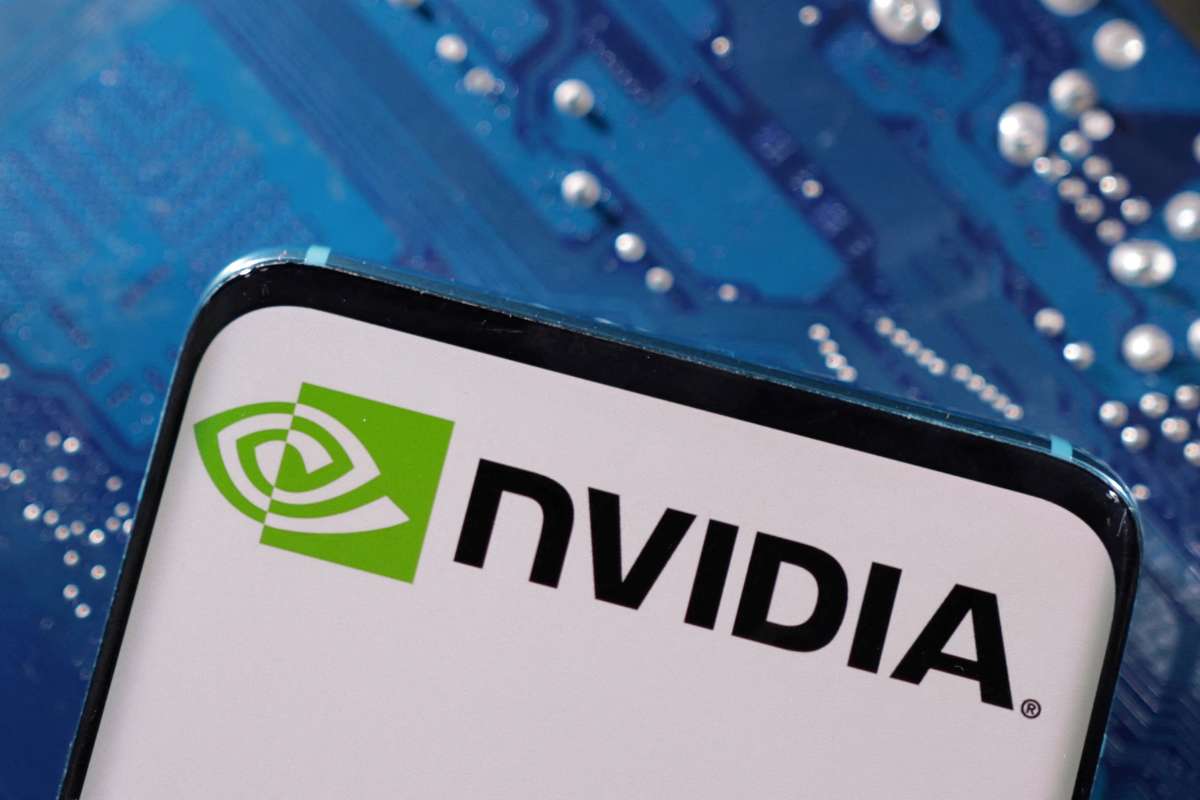Market Decline and Investor Concerns
This week began on a turbulent note for investors as major stock indexes, including large-cap (^GSPC) and small-cap (^RUT) stocks, experienced significant declines, breaking through crucial support levels. Adding to the market unease, Nvidia’s earnings report also created uncertainty, contributing to the overall sentiment. Bitcoin (BTC-USD), often regarded as a key risk sentiment indicator, suffered its most substantial drop since August, plunging 8% and reaching a three-month low. While six-digit price targets remain in sight, the recent decline has created uncertainty among cryptocurrency investors.
Despite these setbacks, all eyes are now on the technology sector, with particular attention on Nvidia (NVDA), the driving force behind the ongoing AI boom. As the company prepares to release its fourth-quarter earnings, market participants eagerly await its performance and its potential influence on the broader market. Nvidia has experienced fluctuations in stock performance over the past two years, and its shares have remained relatively stagnant since June 2023. This has raised questions about whether the current market enthusiasm surrounding AI can sustain long-term growth.
Nvidia’s Historical Earnings Performance
Nvidia’s earnings reports have a track record of unpredictable stock reactions. A study analyzing 103 earnings reports revealed that short-term gains—spanning one day to one month—typically range between 3% and 4%. However, holding onto Nvidia stock for three months has historically resulted in nearly 18% returns. The most significant profits have come from long-term investors, with holdings more than doubling (112%) over a year.
This trend underscores a key principle in growth investing: initial stock reactions to earnings reports do not always translate into long-term performance trends. While Nvidia’s post-earnings movement can be volatile, long-term holders have consistently reaped the rewards. As investors brace for the latest earnings report, questions persist regarding the future trajectory of AI-related stocks and whether the excitement surrounding Nvidia will continue to drive market sentiment.
Shifting AI Investment Strategies
While Nvidia’s earnings remain a central focus in the AI industry, some investors are reconsidering their approach to AI-related investments. Lee Munson, president and chief investment officer of Portfolio Wealth Advisors, recently discussed this shift on an episode of Stocks in Translation. Munson pointed out that the AI-related energy trade, which includes utilities and infrastructure, has not performed as expected, leading him to reassess his investment strategy.
Although Nvidia remains a strong investment, Munson believes the real potential now lies in software companies developing AI-driven productivity tools. He suggests that enterprises capable of integrating AI enhancements into existing workflows could generate substantial value in the coming years. Companies like Salesforce (CRM) and SAP (SAP) are emerging as key players in this sector, offering businesses innovative AI solutions. Munson predicts that by late 2025, enterprise AI tools will be widely available, shifting the focus of AI investment strategies away from hardware and toward software.
Meanwhile, Salesforce is set to release its earnings report, positioning itself in the AI landscape alongside Nvidia. Investors will be watching closely to see how software companies are leveraging AI advancements and whether they can capitalize on the evolving demand for enterprise AI solutions. As the AI sector continues to evolve, the question remains: will Nvidia’s earnings maintain its dominance, or will software companies take the lead in the next phase of AI-driven innovation?












